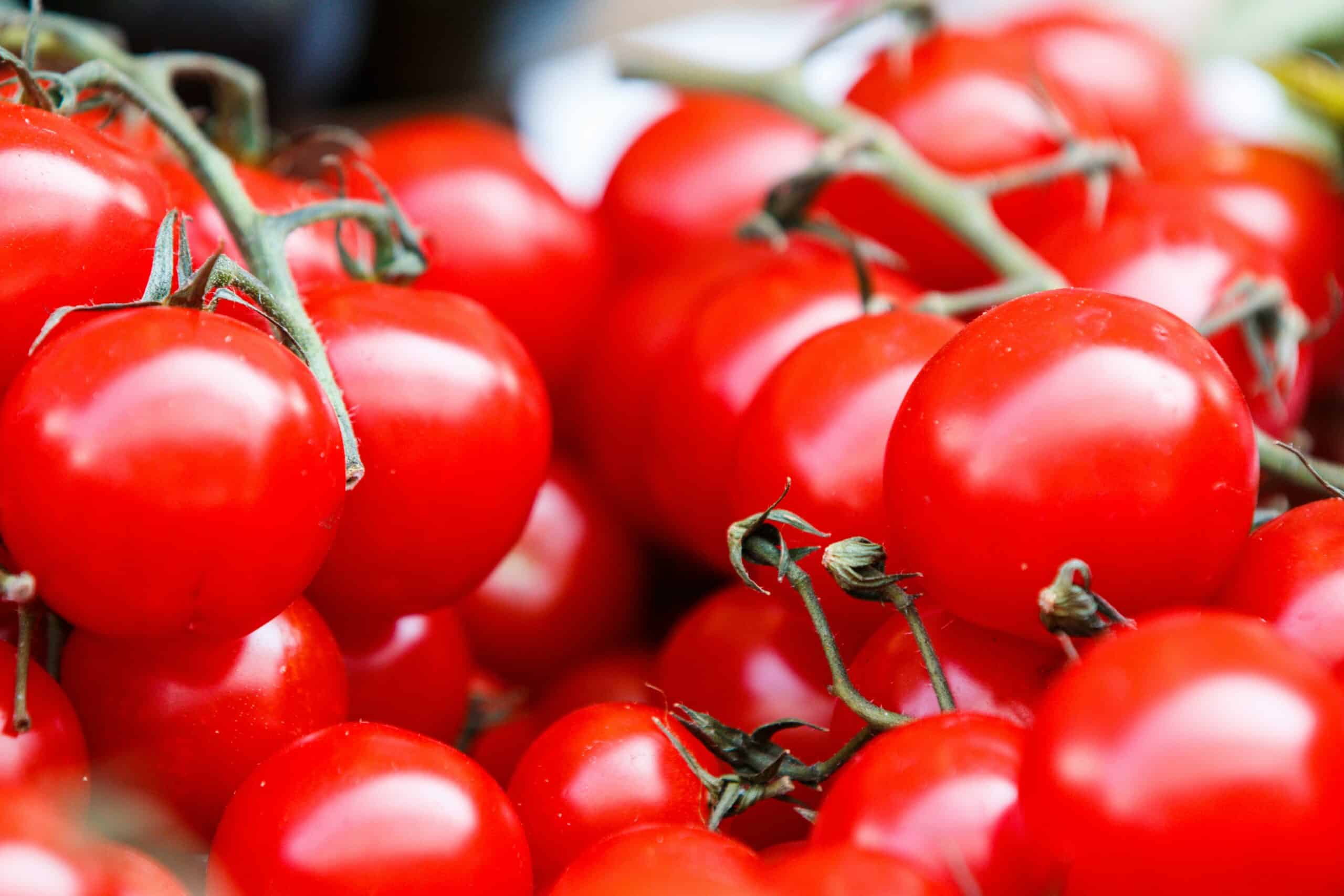Key Takeaways
- The UAE continues to lead the GCC in advanced indoor farming adoption, supported by national food security goals.
- Strategic partnerships and mega-projects are accelerating greenhouse and vertical farming capabilities.
- Energy costs, labor shortages, and regulatory complexity remain key constraints to scaling.
- The UAE serves as a regional gateway for companies expanding into Saudi Arabia, Egypt, and Turkey.
- Vertical farming remains a premium but growing segment within the GCC’s USD 0.39B affordability-adjusted market.
Indoor Farming Addressing Rising Demand for Local Production in the UAE
The UAE’s push toward indoor farming is shaped by structural reliance on food imports, with more than 86% of its food sourced from abroad. Recent supply chain disruptions and climate pressures have intensified national efforts to strengthen local production capacity. As part of the National Food Security Strategy 2051, the country has prioritized controlled-environment agriculture as a core pillar for long-term resilience.
With robust government support and continued investment from both public and private stakeholders, indoor farming—particularly high-tech greenhouses and vertical farming—is becoming an anchor segment of the country’s broader food system modernization.
Innovation Through Mega Projects and Strategic Partnerships
The UAE has emerged as a central hub for greenhouse and vertical farming innovation in the Middle East. Several large-scale announcements have shaped the market in 2025:
- Silal and Shouguang Vegetable Industry Group entered a USD 32.67M partnership to deploy advanced greenhouses, robotics, and solar-powered smart greenhouse technology in Al Ain.
- ReFarm Global and IGS progressed on Dubai’s GigaFarm, a vertical farming site built on an 83,613 sqm footprint and among the largest of its kind in the region.
- Bustanica, one of the UAE’s flagship vertical farms, continues to scale production and supply fresh leafy greens to major retailers and airline catering.
These developments reinforce the UAE’s role as a regional showcase for commercial indoor farming models.
Market Size and Opportunity for Indoor Farming In The UAE
Within the GCC, the affordability-adjusted indoor farming market (SOM) is valued at USD 0.39B in 2025, with vertical farming representing roughly 15% of this segment. The UAE accounts for a significant portion of this value, driven by its high-income consumer base, strong retail partnerships, and clear regulatory pathways that accelerate technology adoption.
The country’s infrastructure, access to talent, and capital availability make it a preferred launchpad for companies before scaling into markets such as Saudi Arabia, Egypt, and Turkey.
Challenges Limiting Broader Adoption
Despite rapid progress, several market constraints continue to shape the UAE’s indoor farming landscape:
- Energy costs, which account for up to 40% of vertical farming operational expenses.
- Labor shortages in horticulture, automation, and climate control, leading to reliance on expatriate specialists.
- Regulatory complexity around importing seeds, biologicals, and fertilizers, adding cost and time to operations.
- Affordability constraints, with price sensitivity affecting widespread consumer adoption of premium indoor-grown products.
Until these challenges are addressed, indoor farming expansion will remain concentrated in premium segments such as hospitality, retail, and institutional buyers.
Looking Ahead: The UAE’s Role in Regional Scale-Up
Between 2025 and 2030, the UAE is positioned to transition from policy-led pilots to cost-effective commercialization. Improvements in energy efficiency, solar integration, and local equipment manufacturing are expected to drive operational gains.
The UAE will continue to serve as the region’s anchor market for indoor farming innovation—providing companies with the ecosystem needed to validate technologies and expand across the GCC and wider Middle East.
Download the Full Middle East Indoor Farming Report
Get the complete dataset, market models, and country-by-country analysis here.
Want Live, Updated Market Intelligence?
Access real-time dashboards tracking funding, partnerships, expansions, and sector activity across the region.


